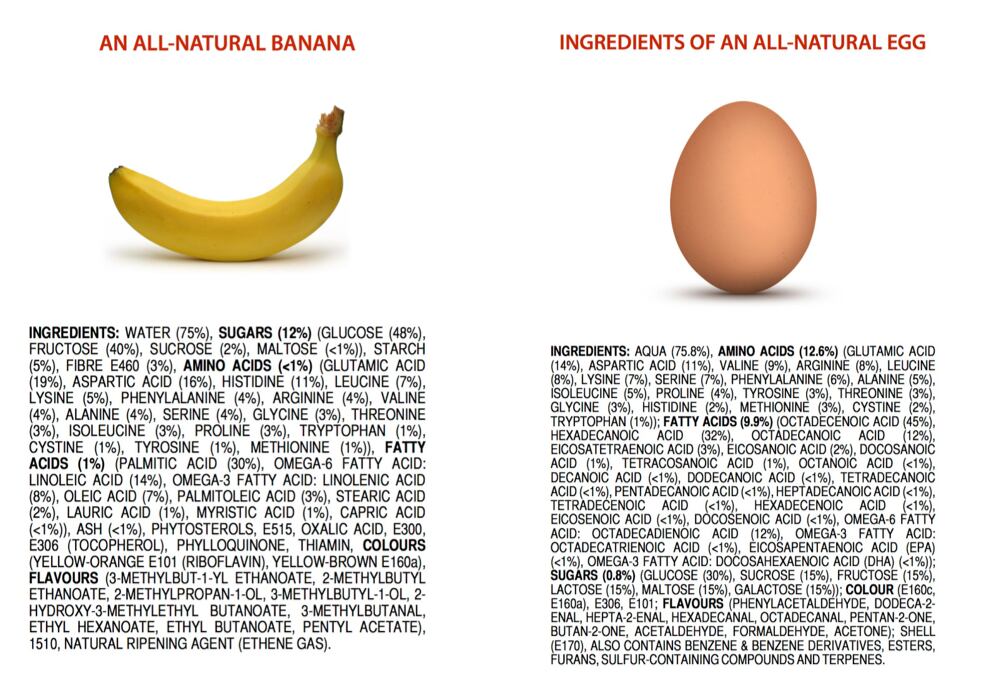They could help produce new foods in more sustainable ways, battle obesity and diabetes -- and maybe even feed the world. But in order to succeed, the food and nutrition industry must think about long-term perceptions of food science and technologies much earlier than they do currently.
Some of the most promising solutions to change the bleak outlook for our food system and health involve using technologies. In the past few years we have seen a new generation of technology ‘pioneers’ who are trying to solve the food security problems facing us by developing innovative new sources of protein.
From fermentation technologies, to algae, insects, and even lab-grown meat – we have begun to see the huge potential for providing a valuable food source to people.
But consumers, in general, are sceptical of these new technologies and ideas – no matter how good they are.
Potential is one thing. But fulfilling it is another.
Seriously considering consumer perceptions earlier could remove one huge barrier to success.
The fear factor
Consumer perceptions are the most important thing when it comes to food and nutrition.
It is not uncommon for consumers to develop ingredient-based food fears, or for specific foods, macronutrients, and ingredients to fall out of favour with the public.

If the current ‘clean label’ trend has taught us anything, it is that ingredient names that are hard to pronounce or understand make people wary of them.
Whether they are natural or not, has almost become irrelevant - if they don’t sound natural, people will be wary of it – and avoid it.
While this may not seem rational, it is something that the clean label trend has played up to for a long time.
Ingredient-based fears are often the result of exaggerations on the risks of the ingredient (such as it leading to obesity, or having unintended effects on the body), and a potential underestimation of any benefits the ingredient may provide (possibly decreasing the price of products, extending their shelf-life, etc).
Communication is key
These food fears, whether based on ingredient names or other concerns, have had harmful effects on major, and potentially beneficial, food technologies in the past.
While some of these fears are justified, many are not.
It is important that we all consider communicating both sides of the equation – to be honest about any risks and unknowns (not hide them), but also to showcase the benefits.
Research has repeatedly shown that when people do this, consumers are more open and willing to accept new foods and technologies. Yet time and time again, unwarranted fears come about because this is ignored.
Take responsibility
It is not just the job of those working with finished products within the food and retail industry to talk to the public about these issues.
Every part of the supply chain, from researchers, product developers, marketers - and often those who don’t even think they have much to do with food production - must take more ownership and responsibility for what they say and do in respect to food technologies.
We must not only consider the science base, but also include a consideration of social and cultural concerns.
In the end, the success of any food technology will not be determined solely by the science. It will also depend on public perceptions.
It will depend on the way in which businesses adapt to, adopt and use a technology in commercially and socially beneficial ways.
But most of all it depends on consumers to not see new technologies as ‘the enemy’ – like they have done with so many before.
The responsibility of making sure that doesn’t happen lies with us all.
This article was first published on 10th December 2014.
Nathan Gray is senior editor at NutraIngredients. He has written on key areas of food science and nutrition impacting the global food and nutritional supplements industry for FoodNavigator and NutraIngredients since 2010. Nathan has a degree in Human Biosciences, specialising in nutrition. You can tweet him @nathanrgray.
